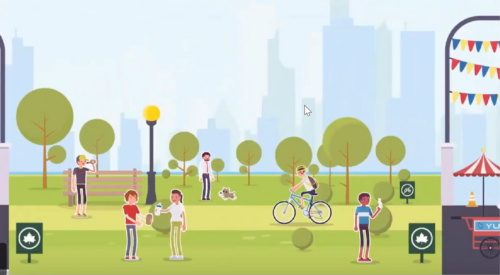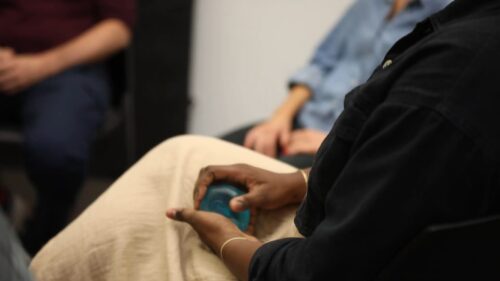The breadth and flexibility of technology provides the opportunity to generate new and innovative solutions in our legal system and better serve people who encounter it, regardless of their location, technological literacy, or language skills. These solutions can make court systems, programs, and services more efficient while at the same time increasing access to justice.
Hosted in partnership with the Price of Justice initiative, this webinar showcases the Center for Court Innovation’s Civil Alternatives project and a new e-learning module that was developed and launched in New York City as part of the 2017 Criminal Justice Reform Act. This law created the opportunity for individuals to resolve their low-level summonses by completing community service instead of paying a fine. This is done through the e-learning module; an hour of experiential learning.
The Price of Justice is a three-year initiative supported by the Bureau of Justice Assistance that aims to address the disparate impact of justice fines and fees on defendants who cannot afford them. With assistance from the Center for Court Innovation and the City University of New York’s Institute for State and Local Governance, the Price of Justice grantees are working to develop innovative technology solutions that assess ability to pay, enhance alternatives to fines and fees, and eliminate unnecessary incarceration for nonpayment.
Learn more about our work providing alternatives to fines, fees, and financial burdens.



